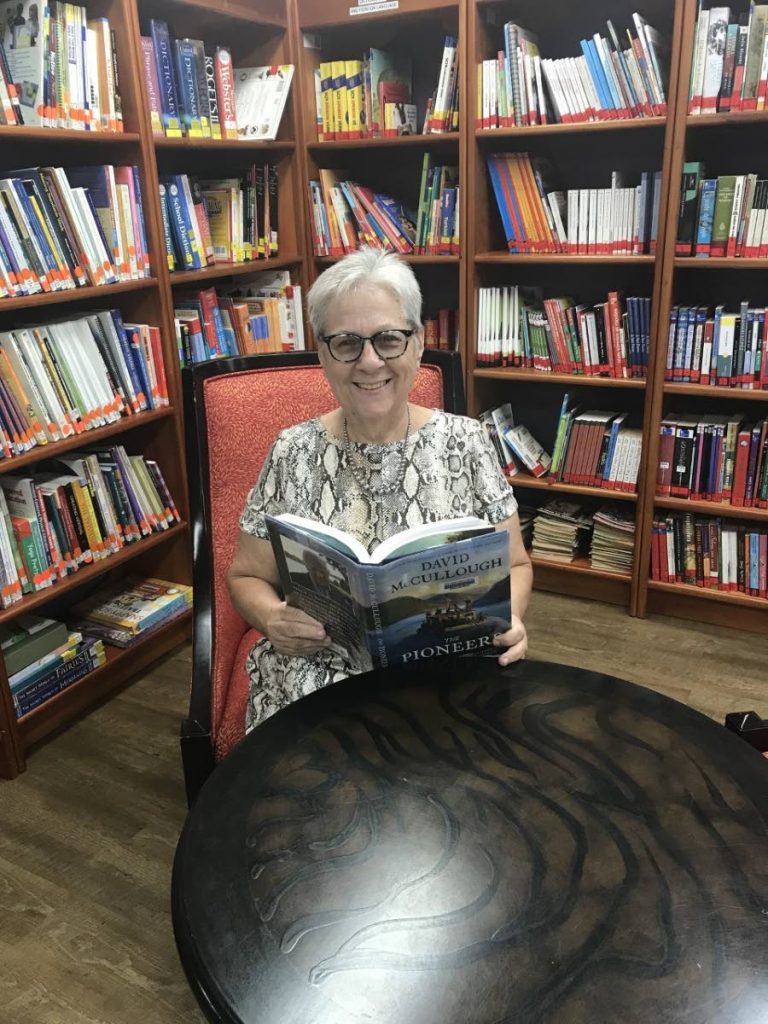Dealing with racism problem

RIGHTEOUS indignation is getting us nowhere in the battle against racism, and it’s time we realise that our emotional reactions to stories that highlight racism on social media are not a substitute for doing the hard work of finding solutions to society’s social ills.
Like everyone else who stands against racism, I am angry and appalled by the two acts of racism highlighted on the internet one week ago. First there was the story of a verbal confrontation between a white woman and a black man in Central Park in New York. In a fit of rage, Amy Cooper called police to report Christian Cooper threatened her. He filmed the incident for his own protection.
Awful as that was, an even worse story surfaced on the same day. George Floyd, a black man, died after a white Minneapolis police officer pinned him to the ground with his knee and didn’t let up when Floyd kept repeating he couldn’t breathe.
Amy Cooper and the Minneapolis police officers involved in these two incidents all got fired – just as New York police officer Daniel Pantaleo had for the death of Eric Garner. In case you’ve forgotten, “I can’t breathe” were Garner’s dying words in 2014.
If firing people from their jobs and depriving them of their livelihood appeases your anger I am sorry because that does not suffice for justice. It is a form of punishment, but it doesn’t solve the problem of racism or the underlying issues often connected to it.
Cooper the victim realised that himself by last Thursday when he responded to Amy Cooper being fired in interviews with NBC and New York newspapers.
“It's a little bit of a frenzy, and I am uncomfortable with that. If our goal is to change the underlying factors, I am not sure that this young woman having her life completely torn apart serves that goal.”
Judging by social media, no one seemed to share Christian Cooper’s concern. No one cared if Amy Cooper learned any life lessons that would help her in the future and prevent any such actions ever again.
Once we label an incident as racist any thought of dealing with the situation beyond punishment vanishes. There is no thought of re-education, redemption, or rehabilitation. We can only think in terms of punishment. Our own righteous indignation prevents us from solving the problem of racism.
Certainly people should be held accountable for their actions and their crimes, but we can’t fight prejudice with anger alone. After we post our disdain for a racist incident on social media and gain a sense of comfort and accomplishment from all of those angry people who agree with us, the problem vanishes until it is summoned up again by some homemade video.
I want justice for Christian Cooper, George Floyd and everyone who suffers racial injustice on any level, but for me that means we must consider programmes to deal with racism and its underlying factors. I think we need to treat racism in the same manner Mothers Against Drunk Driving (MADD) treated its problem.
MADD took its anger and channelled it into lobbying for better laws, stronger penalties for drunk driving, lengthy and meaningful community service and educational programmes meant to target the problem of drinking and driving.
Public shaming and punishment are not enough. Amy Cooper needs to be prosecuted for filing a false police report. From the looks of that video she should also get some animal cruelty charges, but that is not where her story should end. She should participate in community service projects that will provide opportunities for her to deal with her issues. Cooper apologised and did not try to excuse her behaviour. She demonstrated behaviour that suggests she can learn and change.
Education needs to play a major role in dealing with racial injustice. Cooper could clearly benefit from anger management classes and so could the police. People involved in racist acts need to know how to deal with prejudice, fear, anger and stress.
I have spent the last 15 years believing in restorative justice and rehabilitation for inmates in our prisons. Given the right opportunities and education people do turn their lives around. I see this in prison all the time. It’s important to have programmes in society that help people – not just condemn them.
It’s time we try new methods of dealing with the prejudice that consumes this world. We have nothing to lose because what we’re doing now is not working.


Comments
"Dealing with racism problem"